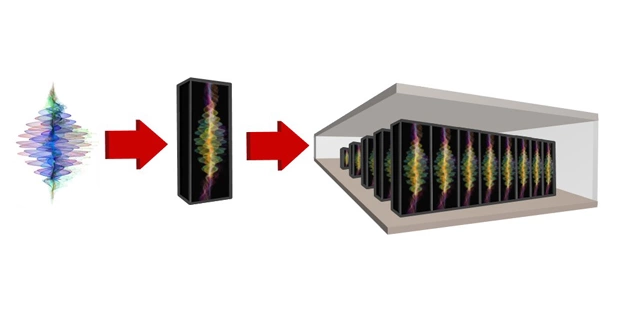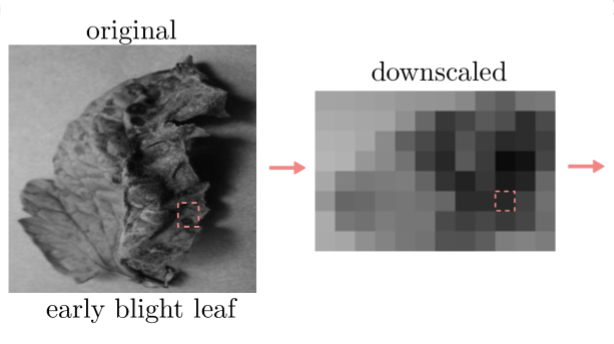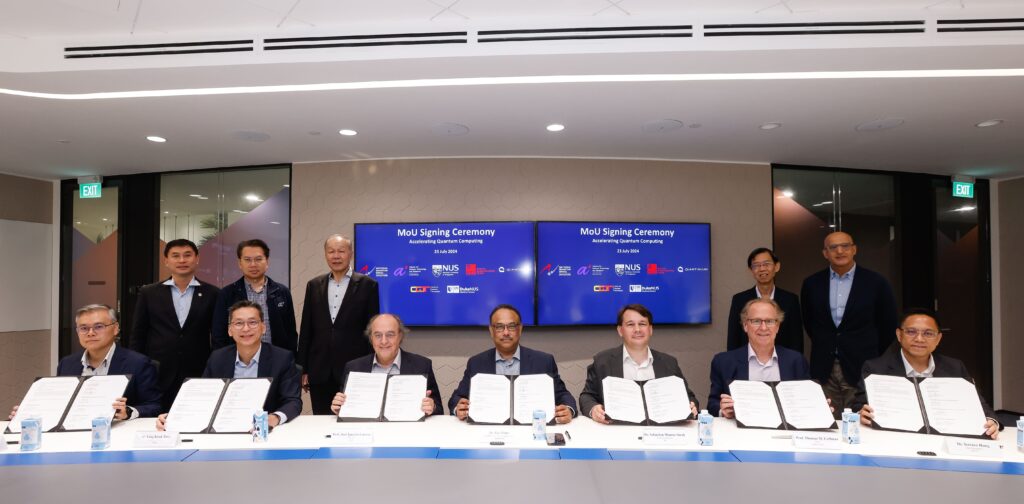Insider Brief
- Microsoft and PsiQuantum will move on in DARPA’s Underexplored Systems for Utility-Scale Quantum Computing (US2QC) program.
- The program is investigating less conventional quantum computing methods can achieve utility-scale operation.
- Utility-scale devices offer computational benefits that surpass the costs of operating the devices.
Microsoft and PsiQuantum have emerged as frontrunners in Defense Advanced Research Project Agency’s (DARPA) Underexplored Systems for Utility-Scale Quantum Computing (US2QC) program, according to a statement from the agency. This initiative is aimed at determining if less conventional quantum computing methods can achieve utility-scale operation – a state where the computational benefits surpass the costs involved – more rapidly than current predictions suggest.
Initially, participating companies were tasked with presenting innovative design concepts aimed at creating utility-scale quantum computers. The program has now entered the next phase, with Microsoft and PsiQuantum being selected to elevate their concepts further, according to the agency. The immediate objective of US2QC is to develop and defend a system design for a fault-tolerant prototype. This prototype, essentially a smaller-scale quantum computer, is crucial as it aims to demonstrate the feasibility of constructing and operating a utility-scale quantum computer as planned.
The prototype’s design must outline all necessary components and sub-systems, along with their minimum performance requirements, according to the statement. To ensure the viability and potential of these designs, a DARPA-led government team, including top technical experts, will undertake a rigorous evaluation process.
Dr. Joe Altepeter, US2QC program manager in DARPA’s Microsystems Technology Office, said, “We are very excited that multiple performers’ designs showed plausible paths to truly utility-scale systems.”

Early this year, DARPA selected three companies for their novel approaches during the initial phase:
- Atom Computing, based in Berkeley, California, builds highly scalable quantum computers based on large arrays of optically-trapped atoms.
- Microsoft Corporation, Redmond, Washington, is building an industrial-scale quantum system based on a topological qubit architecture, which the company theorizes would enable their machine to be small enough to fit in a closet, fast enough to solve problems in a practical timeframe and have the capability to control more than one million qubits.
- PsiQuantum, Corp., Palo Alto, California, is using silicon-based photonics to create an error-corrected quantum computer based on a lattice-like fabric of photonic qubits.
Both Microsoft and PsiQuantum are now at the forefront of this exploration, with the project set to continue until March 2025.
Dr. Altepeter emphasized the ongoing commitment to exploring whether these technologies can achieve the significant advancements required to realize quantum computers with genuine scientific and industrial utility.
“These researchers are working extraordinarily hard, presenting solid technology descriptions and detailed research plans,” Altepeter said.
For more market insights, check out our latest quantum computing news here.




















